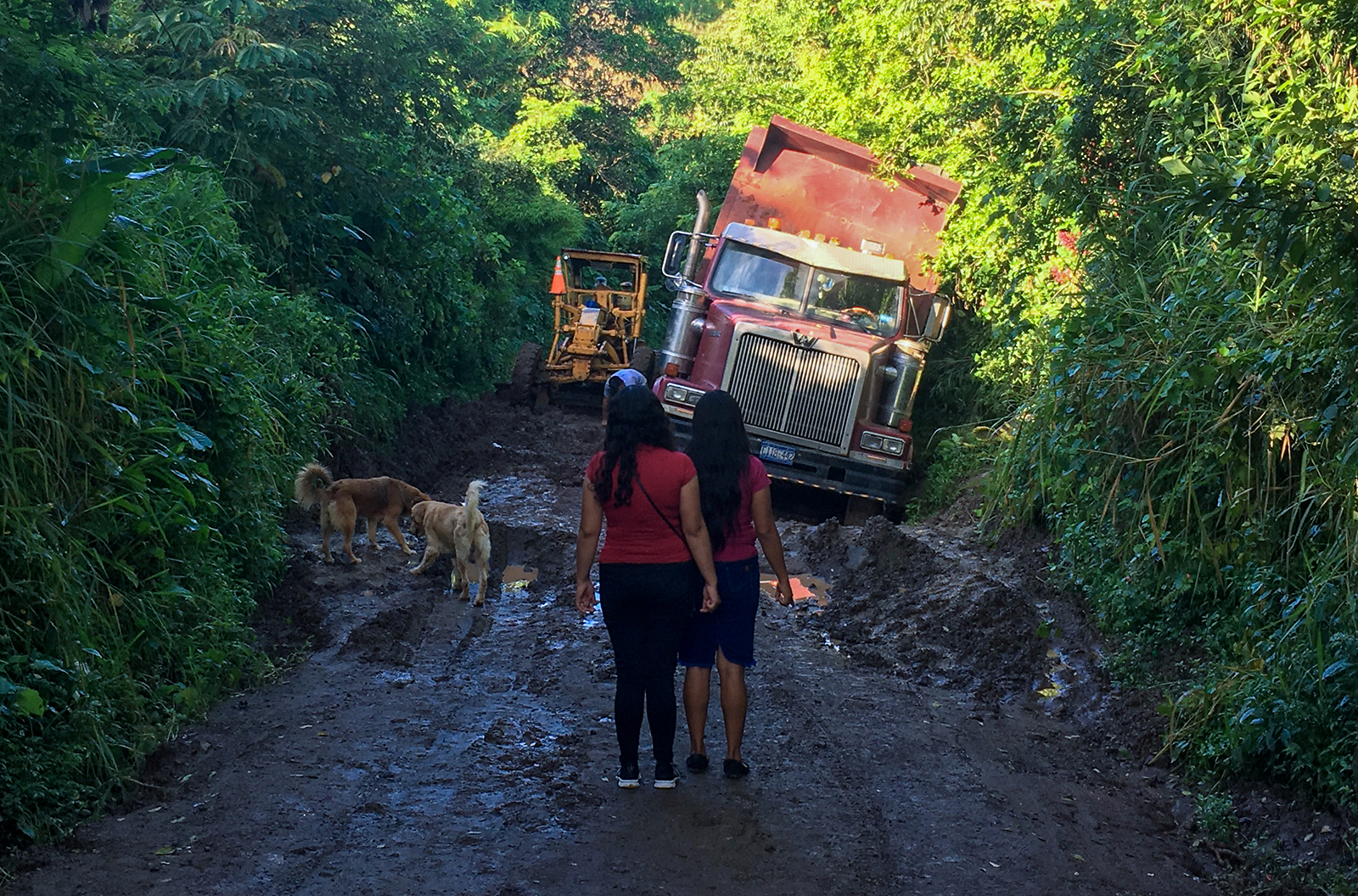
Mothers from El Cedro evaluate the impassable road as they try to bring their children to the local kindergarten.
This story took place in September 2022.
I did not wear the right shoes for mud today. In my defense, I had no way of knowing I’d need my boots. It’s not so much that I didn’t know there’d be mud — it’s the middle of the rainy season, so it rains almost every day here — it’s because there’s almost never mud between where the pick-up truck drops me off and the front door of the kindergarten.
I didn’t see any mud there today either, but there was a lot during the extra one mile I had to walk this morning when the pick-up couldn’t go any farther.
There is only one road into El Cedro, and it’s not great.
In fact, it’s the Number 1 thing most people in the rural community of 7,000 would improve about life in El Cedro. From where it connects to the next major throughway in Mil Cumbres to the “center” of town, the road winds about 3 miles through the Salvadoran mountains. About halfway, well before most people’s homes, churches, the school, and the soccer field, it turns from paved to dirt.
During the dry season, the dirt turns to dust and blows away, leaving drivers to navigate rocks and other debris that slowly pokes out farther and farther. In the rainy season, the dirt washes away, with the rain eroding deep ravines and holes sporadically throughout.
Last week, it rained a lot, and the ravines, holes and mud were as bad as I’ve seen them. Apparently the local government thought so too because they sent a leveling machine and some truckloads of dirt to temporarily fix a stretch that had become almost impassable for anything but a motorcycle.
I think they underestimated the problem. By the time the people of El Cedro woke up in the morning to start going to work and school, the leveling machine was, ironically, stuck in the middle of the road it was supposed to be fixing and the stretch that was mostly impassable before was now truly and completely unusable.
So I’m walking.
Before me is a steep and winding stretch of mostly mud for a little over a mile. I don’t walk it alone, though. As I hop off the back of the pick-up truck that serves as public transportation, a number of mothers bringing their 3- to 6-year-olds to the kindergarten hop off too. Up to this point in my time working in El Cedro, I haven’t had the chance to engage much with the parents, but I quickly realize that we are sharing a moment. I’m no longer the strange American who is clearly new in town and a bit out of his depth, I’m simply another person in the community inconvenienced by the road. For the moment, I’m one of them.
Blessing Number 1.
Together, we brave a trek I’m sure they’re less surprised to see than me. As we hit particularly slippery or deep mud, I take my turns lifting the little ones over to drier sections. Eventually, we all make it safely to the school.
It feels good to share a little more about the realities of the community. About half the time I get to and from work with the director of the kindergarten, Sor Ana Rosa in her car. The other half of the time, I have plenty of money and time to pay and wait for public transportation. I never have to walk. Now I understand a little bit better the difficulties for those who do.
Blessing Number 2.
The rest of my day is pretty normal. I teach my English classes to the little ones in the morning and then to teenagers in the afternoon. By 3:30 pm it’s time to go home. I’m still not wearing the right shoes.
I’ve been in the community long enough to know there is an alternate route to take (for pedestrians not for cars) that might be less muddy and a little shorter. The problem is I don’t know the route well and I’m still new enough to the community that walking alone on backroads isn’t a great idea.
Luckily, two of my most regular teenage students, ones who I’m hoping will be core members of my growing ministry in youth education, live along the shorter route. Despite my still largely broken Spanish, I manage to ask them if they can wait while I clean up my classroom so that I can walk back with them. They say yes.
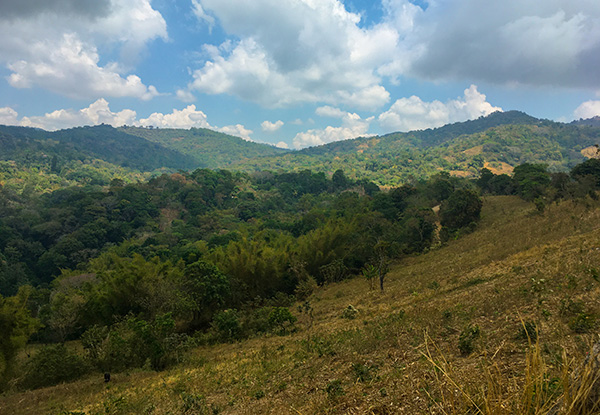
A view from the top of a hill in El Cedro. You can see the stretch of the road that became impassable in the middle right.
Blessing Number 3.
Even in English, I’m not a great small talker. It’s even harder for me in Spanish, but luckily, one of the two students I’m walking with is a pure extrovert. It’s only been a few months, but she already has a way of helping me feel more comfortable conversing in Spanish and often takes the initiative to start conversations.
As we walk, I eventually ask them some questions about their own education, specifically what their plans are for next year. They’re both in ninth grade and about to graduate from the local primary school in November. Since both of them are bright and engaged students, I assume they want to go to high school, but that’s a more complicated subject as the closest high school is a 25-45 minute commute away.
The school is free, but the transportation costs money and takes time, which means not everyone who wants to go can. I’m happy to hear that both of them are absolutely planning to go to high school. It’s not a big surprise as they each have older siblings who are also continuing their education.
Then, they ask me a question.
It seems that not only do they plan to go to high school, but they both are trying to attend a better, farther-away school that requires applicants to pass an entry exam. They’re worried about the test, which will be in mid-November, and want to know if I’ll help them study.
Blessing Number 4.
It’s hard to describe how good that makes me feel. The goal of any educator is for their students to trust them enough to ask for help when they need it. Until this point, there were some signs that they saw me as a useful resource and enjoyed my presence in their lives, but it’s hard to tell with teenagers sometimes, even without a language barrier.
Now I know I’m doing something right.
We continue to walk and talk. We talk about the test; I’m going to have to step up my game and start teaching some subjects other than English and a little math. We talk about what they want to do with their lives. One of them wants to be a lawyer. It’s my favorite and the most comfortable conversation I’ve had in Spanish so far.
Blessing Number 5.
Soon, we reach their respective houses. The temporary stop for the pick-up is a little farther down the road, but I know the way. Still, one of the students insists she walks the rest of the way with me. We make it to the spot, the pick-up comes, and I head home.
With the 1-mile walk, it was one of the longest trips home from work I’ve had in terms of time, but it was worth every minute.
It didn’t even bother me that I was wearing the wrong shoes.
Update: Both students mentioned in the story above — along with a third — regularly attended a series of special study sessions for their entrance exam. All three passed and will be attending their desired high school when the school year starts in early February. This improved high school program will put them on a path to attend college in the future. There will be plenty of challenges for them to reach that goal as well, but I hope to be there to help them with that step too.

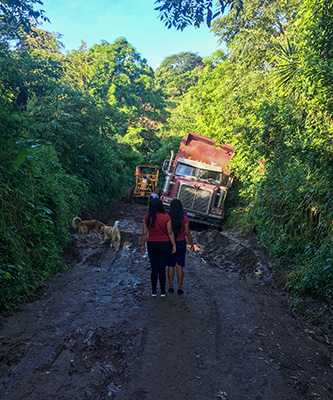

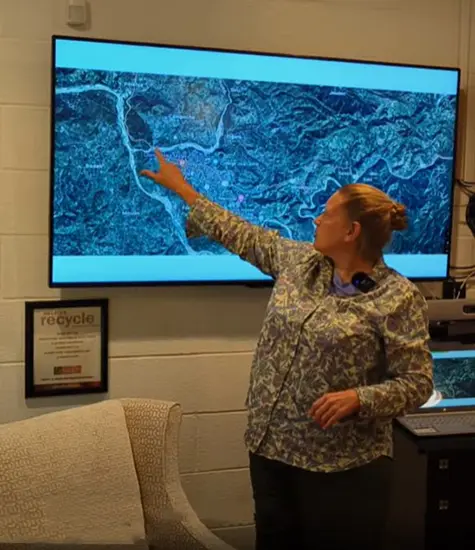
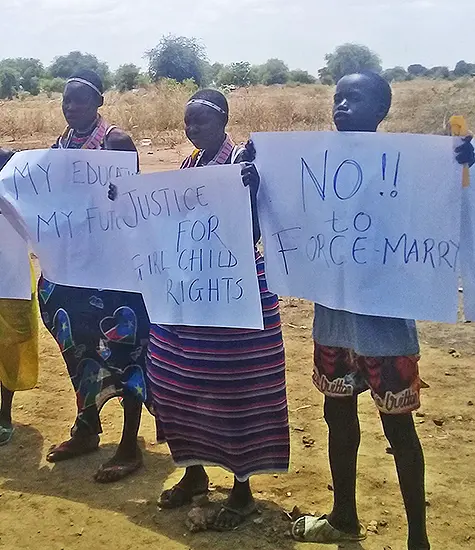
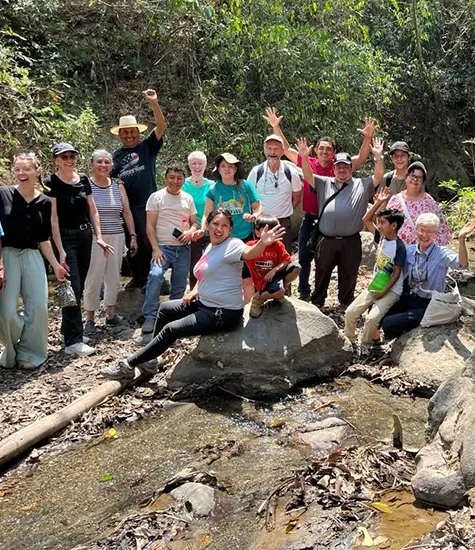




What an inspirational story Josh! Thank you sharing.
I love it, Josh. I love that you’re not a small-talker, but God provided for you.
I’m a teacher, too, and I know that good feeling of helping someone learn what they need.
Thanks for the great story of your day’s BLESSINGS!